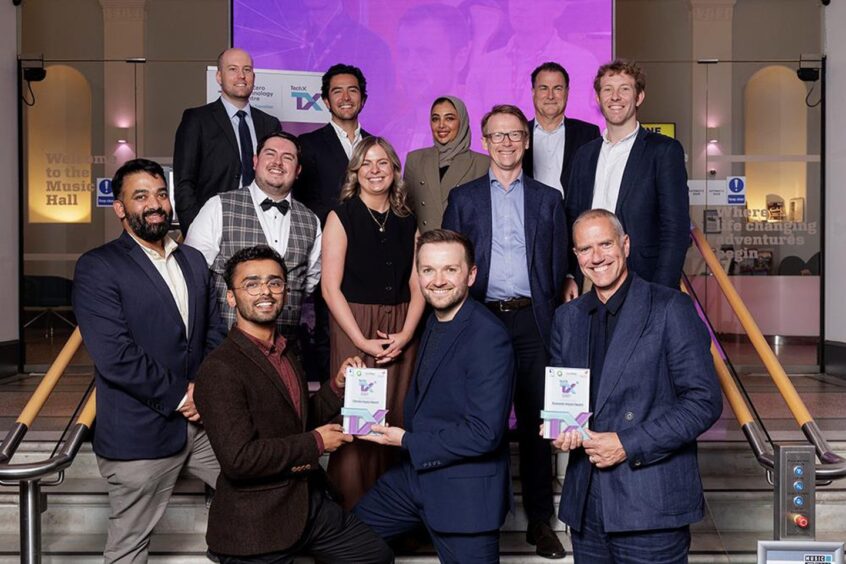
A group of clean tech start-up companies backed by the Net Zero Technology Centre (NZTC) have attracted over £1million of funding including cash prizes from major oil and gas firms
Twelve companies raised £860,ooo in equity while taking part in the NZTC TechX program, while ADNOC, BP, ConocoPhillips and Equinor donated cash for prizes worth £100,000 each.
Prize winners
In June, NZTC announced Kali Technology picked up a £100,000 prize recognising climate impact for with their low cost, integrated heat pump technology.
Durham University spin out, H2CHP, won a £100,000 economic impact award for its fuel-flexible power generator.
The equity investment was allocated amongst the 12 companies that have been taking part in the four-month TechX accelerator program. The sources of investment in the firms were not disclosed.
To date, Aberdeen-based NZTC has supported a total of 69 start-ups through TechX, These have collectively raised over £106m in equity and generated an aggregate £27.3m in revenue, it says.
TechX receives funding from both the Scottish and UK Governments as part of the £250m Aberdeen City Region Deal investment.
Low carbon start-ups
The companies in the most recent cohort are developing technology to produce low carbon jet fuel and novel solar thermal technology for buildings.
Throughout the programme, participants were connected with mentors and introduced to potential customers and investors, enabling them to validate their technologies, develop strong business models and enhance their value propositions.
The programme concluded with its 2024 demo day, giving the start-ups the chance to pitch their solutions to industry leaders, including the TechX’s strategic partners, who also offered the prize money: ADNOC, BP, ConocoPhillips and Equinor.
The companies can continue to work with NZTC for the next two years.
NZTC’s chief acceleration officer and TechX director Mark Anderson said the 15 week programme demonstrated the “pivotal role entrepreneurs will continue to play in accelerating the transition to net zero”.
Recommended for you


 © Supplied by NZTC
© Supplied by NZTC